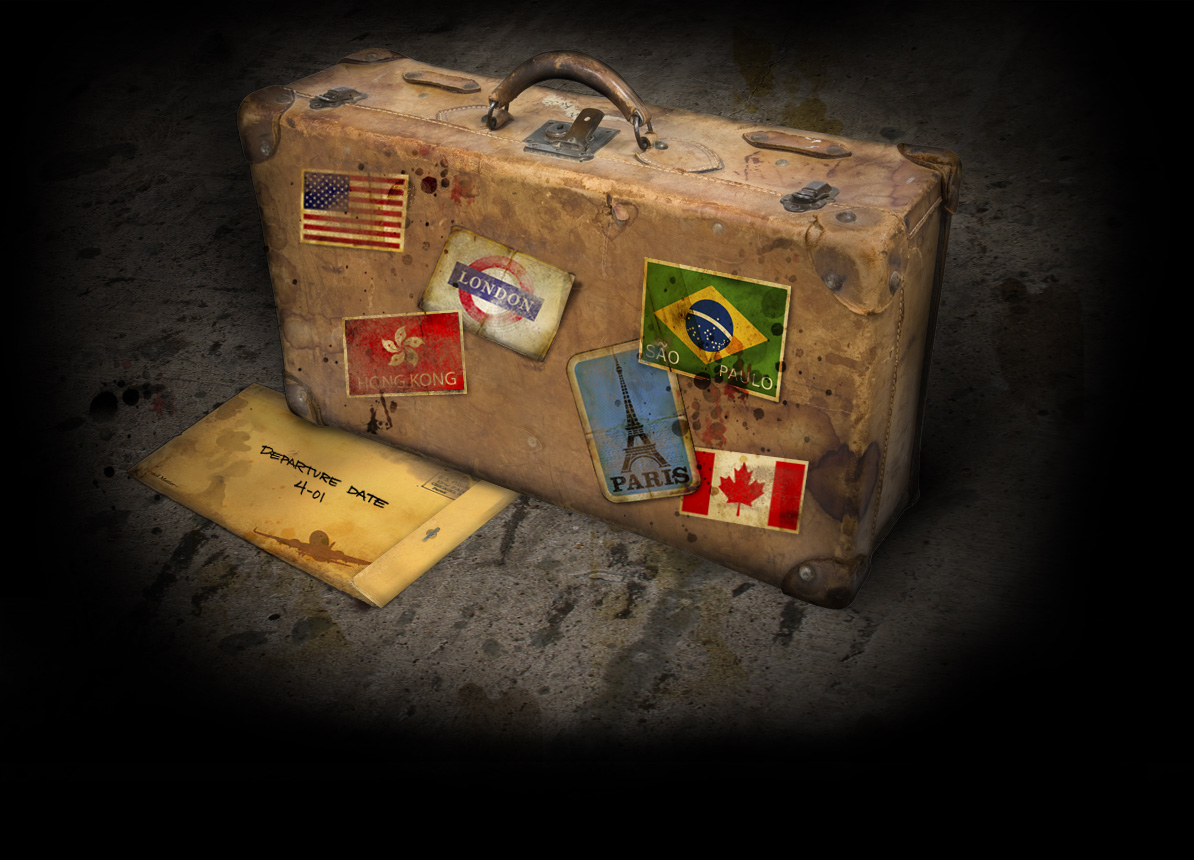Prompt of the Day #9
You are on a journey that you didn't want to take. What forced you to make it? Why didn't you want to go? How do you feel now that you're on it and what life do you envision when you reach its end? Write a story or poem that considers one or many of these questions - pay attention to where you are and why you didn't want to go and the difference between before and after.
Jumanji is oddly one of the best examples of what I want to talk about today. You have the unlucky teen who's sucked into the board and is freed only when more foolish youths roll the dice to draw him out, only once he's out, he's forced to become the protector of all the others - despite wanting nothing more than to go back to the life he left behind. As a group, they have to journey through their own issues to eventually conquer the game (aka 'The Call'), save the people they love and allow them to return to the normal lives they wanted. This is the The Reluctant Hero and he's embarking on A Fated Journey.
Gandalf says something rather interesting in the letter to the hobbits at Bree, he sends them a poem that contains the famous, exquisite line: 'Not all those that wander are lost'. The poem is repeated by Bilbo when he tells Frodo about how Aragorn's true identity was revealed to him and it relates to his transformation from Ranger to the rightful King of Gondor. Aragorn, the reluctant hero, hiding his name and heritage takes both a literal and inner journey alongside his Fellowship companions. It's one of the most simple and perfect examples of how a journey has to be made, how sometimes someone who looks unimportant is crucial to success and how avoiding Fate is never possible (at least in most fiction).
The reluctant hero (what TV Tropes calls the character who 'Just Wants to be Normal' but eventually is 'Resigned to the Call') is a fairly standard character type in literature. It's not just people like Aragorn, AKA Strider, or any of the Hobbits - Harry Potter spends a tonne of time, especially in 'The Order of the Phoenix' asking 'why me?' before he knuckles down in 'Deathly Hallows' to accept that though he feels 'beleaguered and blackmailed' he is now ready to 'go out and greet death as an old friend' just like the Third Brother. What about the almost hilarious repetition of the 'why me' clause in The Belgariad? Or the moments in classical epic where Odysseus and Aeneas stop and wonder whether or not continuing on their journey is really worth it - it would be nice to stay with Circe or with Dido.
This trope isn't restricted to (High) Fantasy though: Jack from Lost is recognised as a 'reluctant hero', and the whole premise of Hancock is that he doesn't want to be a hero. Even more 'real' are characters such as Maggie Tulliver in Eliot's 'The Mill on the Floss' and Sherlock Holmes will always claim that he's just a brilliant observer; the Baudelaire Orphans are thrust into the center of 'unfortunate' adventures after the death of their parents and can you name a teenage-aimed television show that lacks this character trope?
What is creates a character of this type is the inclusion of a 'Call' which they realise they cannot deny and usually a moment where they either scream to the sky (or muse aloud) complaining about their involvement, or they might even leave (something which is all too often seen in Hollywood Movies for 'dramatic effect'). They always come back - that's the whole point - but they also go through a struggle that we empathise with. They are forced to grow, change, adapt. Often there's an element of self-sacrifice, or a moment-of-revelation when the reluctance is thawed out completely and s/he becomes infused with Heroic Willpower for the end scene. The whole point is to make this character human, that's often all they want to be after all, and their journey involves a struggle then acceptance of Fate or Necessity.
So why not consider what odds your characters have to face? Or what high powers dictate the movements of your plot. If you're writing a poet, imagine the internal monologue of a wo/man that's placed in this position, or even consider the voice of Fate. Maybe you can consider the role of Freewill and to what extent it can play any role in literature. More often than not Inevitability drives plot. Play with these ideas and see where they take you this time.

